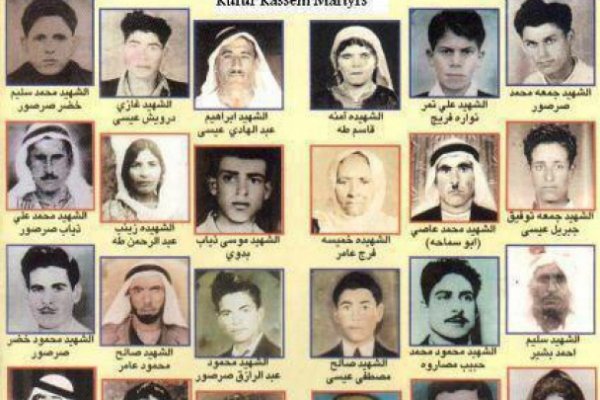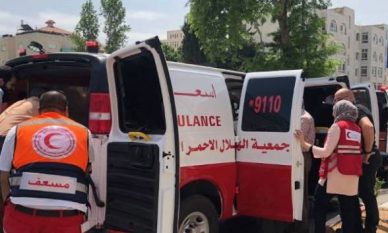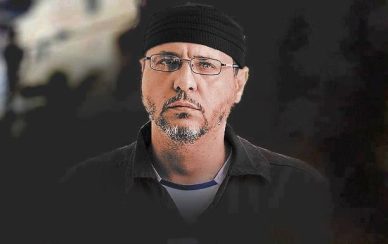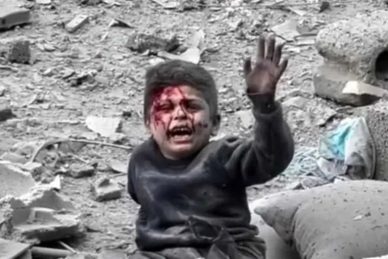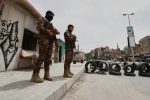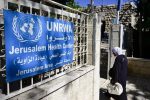Relatives of some of the approximately 50 men women and children killed by Israeli Border Police in 1956 in the Arab village of Kafr Qasem appeared Sunday (15/7/2018) in Tel Aviv Military Court for the closing hearing in a case filed to force the disclosure of secret documents regarding the Kafr Qasem massacre.
“I want to know why my father was murdered and what he did” Mohammad Freij told Haaretz. Freij who lives in Kafr Qasem was three years old when his father was killed.
Youssef Issa whose father and uncle were injured in the massacre said releasing/withholding secret data depends on its importance to the Jewish people. “We Arabs know the truth.”
The Kafr Qasem massacre took place in the Arab village of Kafr Qasem situated on the Green Line on October 29 1956. It was carried out by the Israel Border Police (Magav) who killed Palestinian civilians returning from work during a curfew imposed earlier in the day on the eve of the Sinai war of which they were unaware.
The border policemen who were involved in the shooting were brought to trial and found guilty and sentenced to prison terms but all received pardons and were released in a year. The Israeli court found that the command to kill civilians was “blatantly illegal”.
Over the past year and a half the president of the military court of appeals Maj. Gen Doron Piles has been presiding over the unusual case at the heart of which is a request from historian Adam Raz to gain access to the case. Raz directed his request to the military appeals court after the army archives refused to make public the documents.
Raz said he had made a preliminary examination of the historical documents and found out that the most important material was kept secret.
Raz and the Palestinian locals hinted at a preplanned political scheme to forcibly deport the residents of the Triangle area in northern Palestine to Jordan saying the scheme lies at the heart of the massacre.
Secret documents were shelved following behind-closed-doors hearings. The court claimed that lifting the gag order on the document will harm the security of the state its foreign relations and in certain cases personal safety. Disclosure of the classified documents was officially prohibited.

